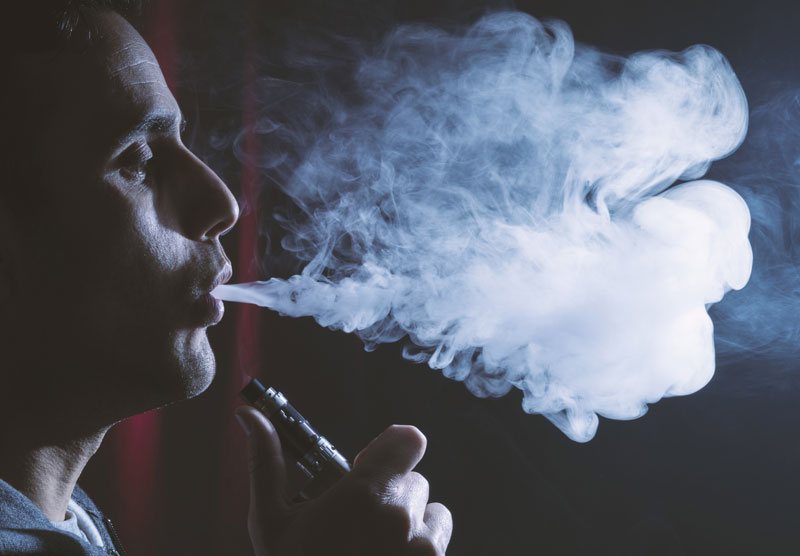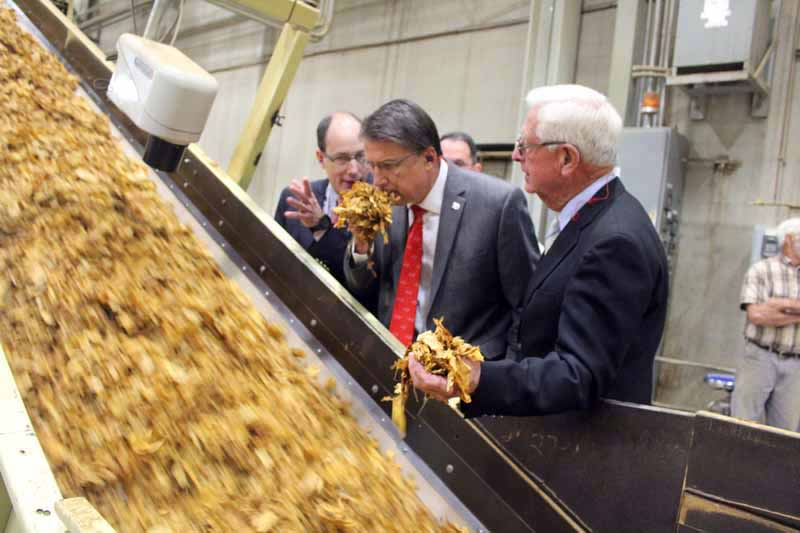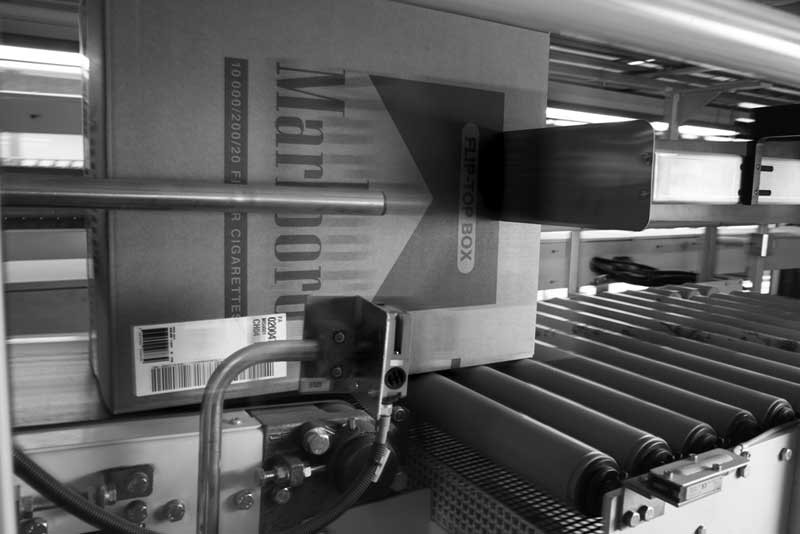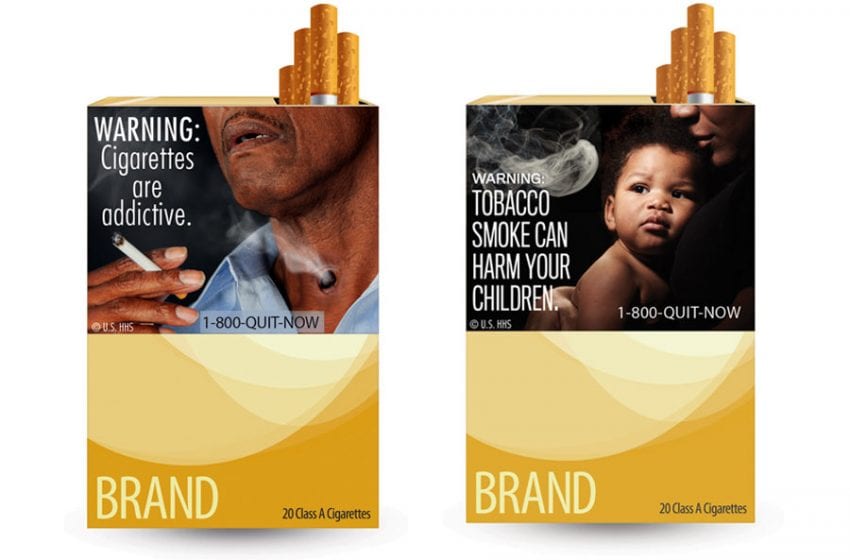
There is insufficient evidence to support the claim that Covid-19 can be spread through vape clouds, according to Neal Benowitz, a University of California San Francisco professor of medicine.
“It is my understanding that exhaled e-cigarette vapor consists of very small particles of water, propylene glycol and glycerin and flavor chemicals, not droplets of saliva,” Benowitz said.
“The vaping aerosol evaporates very quickly while particles that are emitted when coughing or sneezing are large particles that persist in the air for a relatively long period of time.
“Thus, I would not think that vapers present any risk of spreading Covid-19 unless they are coughing when they exhale the vapor.”
Benowitz’s remarks follow comments by Tom McLean, a Scottish microbiologist, who claimed that “blowing vapor out is as good as someone spitting in your face.”
“If anyone has the coronavirus and are vaping, they’d be spreading it to a lot of people at the same time,” McLean said.
Doctors are considering vaping as a possible factor in the large rate of those hospitalized for severe Covid-19 symptoms.


 The manufacturing division of U.S. Tobacco Cooperative (USTC), U.S. FlueCured Tobacco Growers of Timberlake, North Carolina, USA, is temporarily closing its manufacturing operations due to the coronavirus.
The manufacturing division of U.S. Tobacco Cooperative (USTC), U.S. FlueCured Tobacco Growers of Timberlake, North Carolina, USA, is temporarily closing its manufacturing operations due to the coronavirus.


 Altria CEO Howard Willard has tested positive for the coronavirus, according to Reuters.
Altria CEO Howard Willard has tested positive for the coronavirus, according to Reuters.




